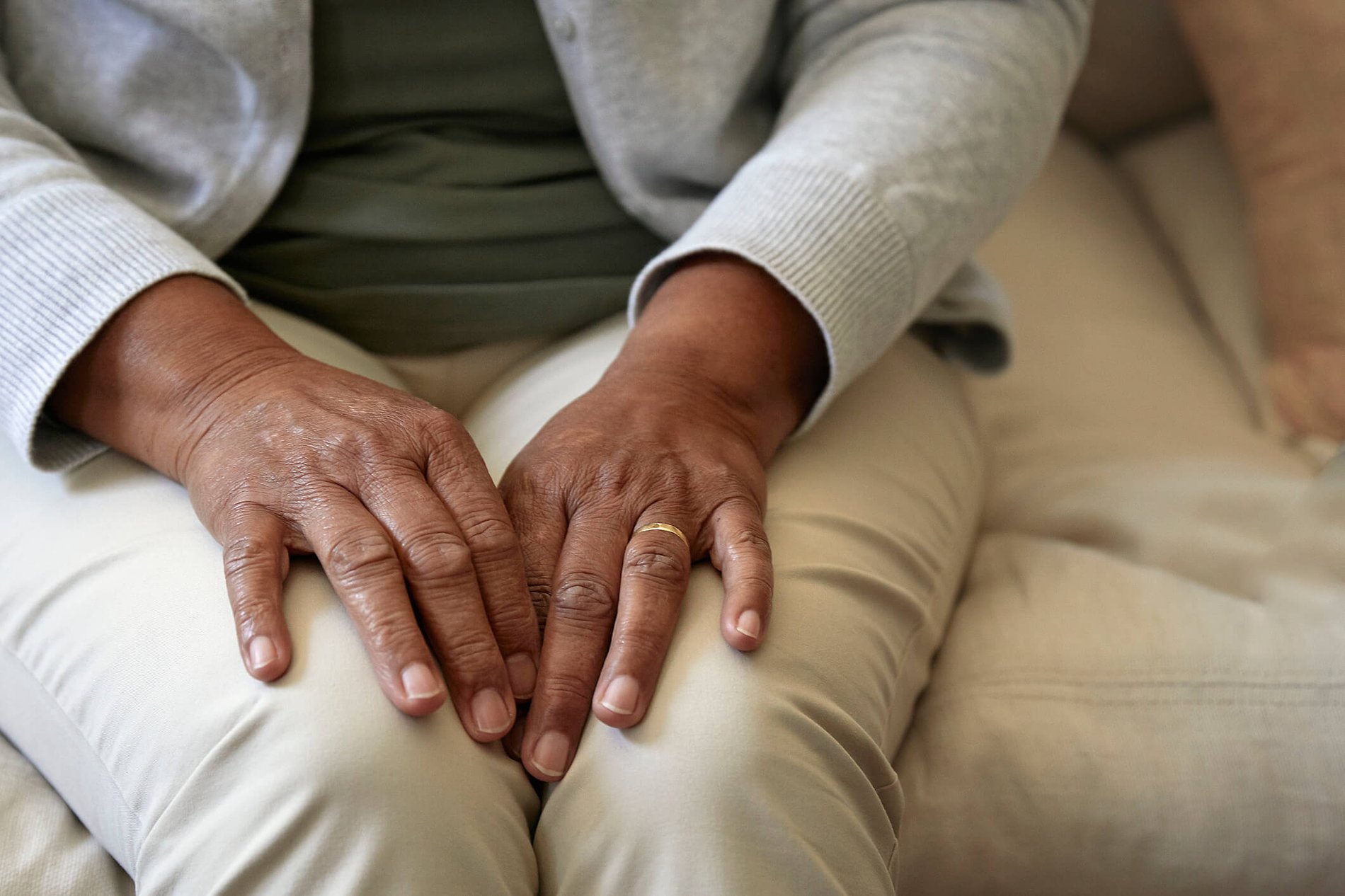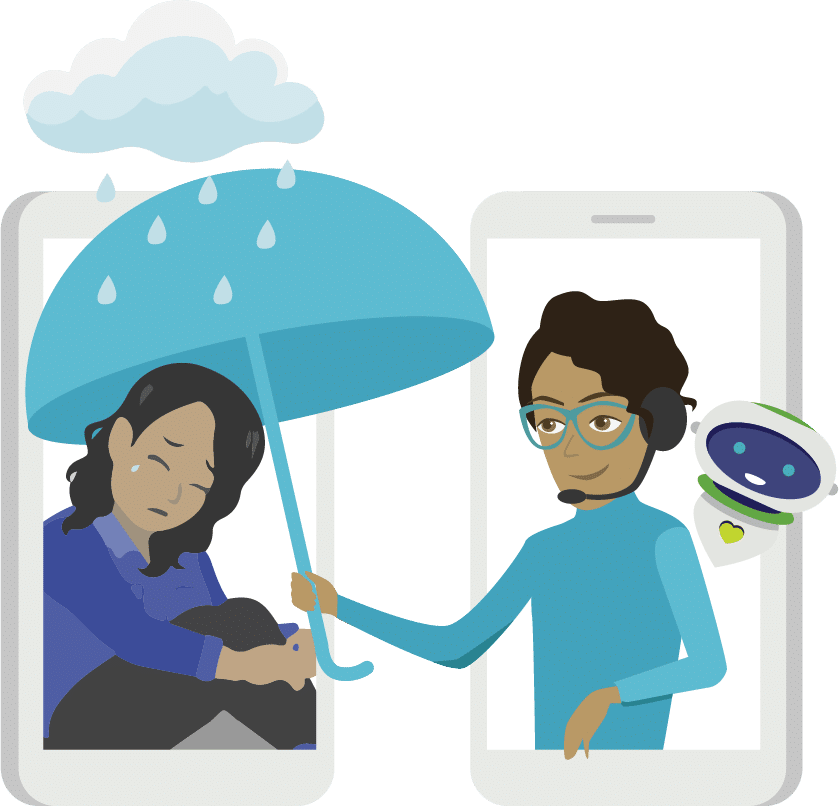You know better member engagement means better outcomes for your members and for you. Highly engaged members are happier, healthier, and more satisfied with their health plans – making them more likely to follow health directives, stick with their health plan, and to give their plans higher quality CAHPS and STARS scores. For you, hitting these Medicare-set metrics means a higher payout. But despite the dollars spent on increased member engagement industry-wide, no one, so far, has seen significant, effective change in their engagement metrics.
Customer centricity is already core to your user experience. So why is member engagement still low?

Research shows that 3 in 5 American adults experience loneliness and social isolation, with the highest-hit demographics including those who are young, living in rural communities, or who report low incomes.2 People who self-identified as Hispanic, Black, or “other” were more likely to experience social isolation than their white peers.2 A separate study found that when asked their level of loneliness, nearly 36 percent of American adults described it as “serious loneliness.” 1
Lonely members, poor health outcomes
Loneliness has long been recognized as a public health concern. Lonely people, regardless of background, are more likely to experience serious and costly health issues like heart disease, stroke, and depression. 3 It creates serious mental and physical issues, making it impossible for patients to fully engage in their lives or health care. And, when a person’s social determinants of health predispose them to worse health outcomes, they often lack the support needed to get preventive or early care for serious issues.
Consider a member who has experienced housing instability, has low health literacy, and who has little access to a grocery store with fresh, nutritious food – all examples of SDOH outside of a person’s control – how likely is this member to take positive health action without additional support?4 For these members, engaging with their insurer’s encouraged health goal is another unchecked box on their to-do list; for insurers, that unchecked box can be the invisible start of an expensive health crisis later.
Address loneliness, inspire health action
Standard member engagement techniques include personalized digital communications, patient portals, and incentivized health goals, among others. All create concrete, measurable data about the plan members who interact with them, yet there is little data that any of these measures motivate members to engage in their health or to ultimately reduce costs.
When a member can’t achieve a goal because it’s beyond their everyday reality to take it on, these types of touchpoints fall flat. To really move an individual to health activation, engagement strategies need to build trust and connection that helps members see that health improvements are possible and that they have resources for support.
Implementing strategies to assess social determinants of health
Taking care of the whole person by alleviating SDOH needs as soon as they arise, and by addressing key predictive health measures like loneliness are key to building the trust that leads to satisfied, engaged, and activated Medicare members. Pushing members toward community and connection builds a foundation for a healthier body and a healthier outlook. And knowing how loneliness and SDOH impact individual members – not members as a group – supports them in progressing from engagement to activation. It’s about meeting people where they are and helping them improve from that point forward.
At Pyx Health, we are proving how to improve your engagement strategy so that your results show that members are getting healthier, not just more active in the digital sphere. Our support platforms are designed to alleviate barriers to health action and access, connect members to resources, and create connections and healthier habits that significantly reduces unnecessary healthcare spend.
1. Harvard Graduate School of Education – Loneliness in America
https://mcc.gse.harvard.edu/reports/loneliness-in-america
2. Cigna Report – Loneliness and the Workplace
https://www.cigna.com/static/www-cigna-com/docs/about-us/newsroom/studies-and-reports/combatting-loneliness/cigna-2020-loneliness-factsheet.pdf
3. CDC Loneliness and Social Isolation Linked to Serious Health Conditions
https://www.cdc.gov/aging/publications/features/lonely-older-adults.html
4. CDC Social Determinants of Health: Know What Affects Health
https://www.cdc.gov/socialdeterminants/about.html


